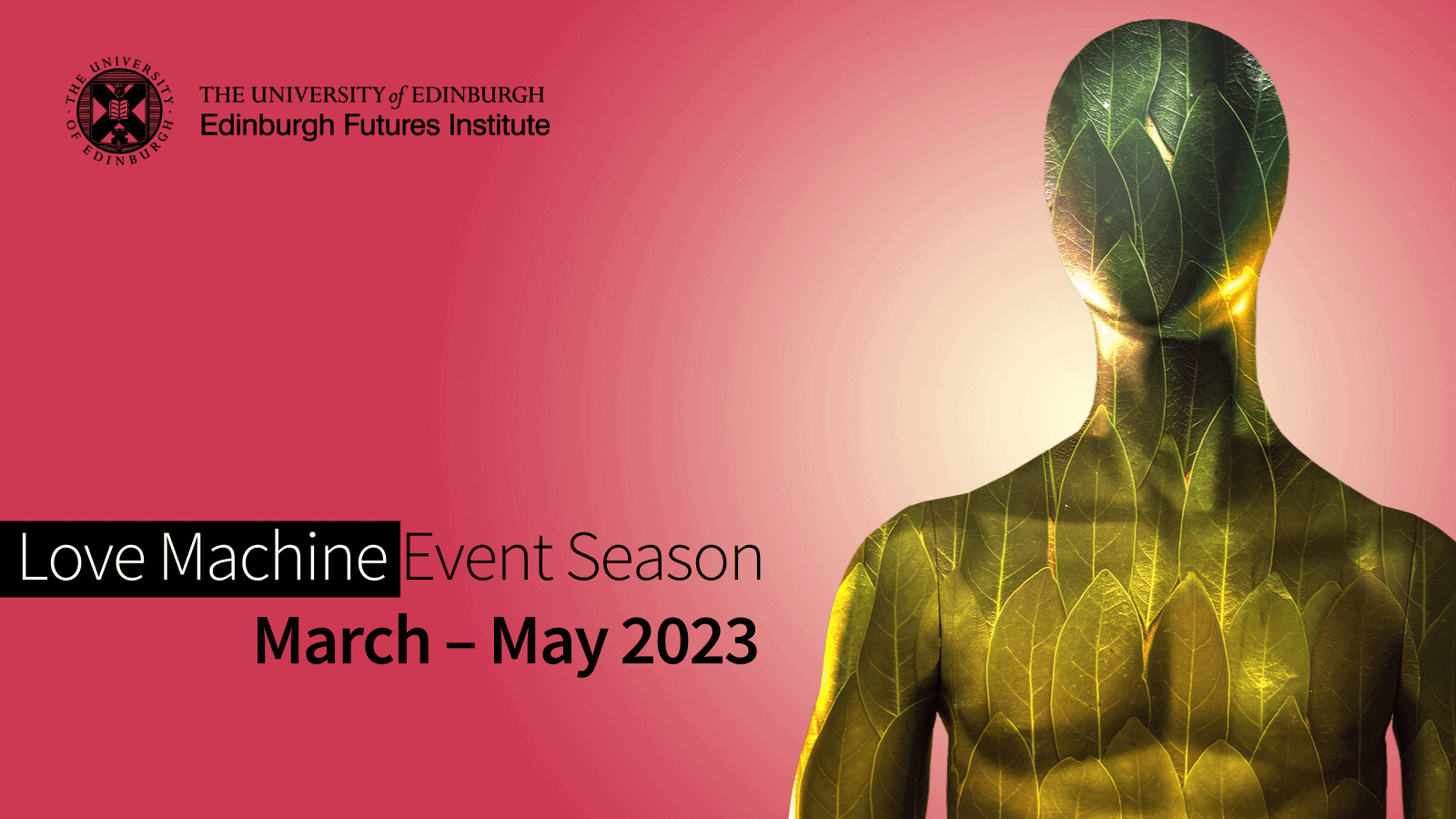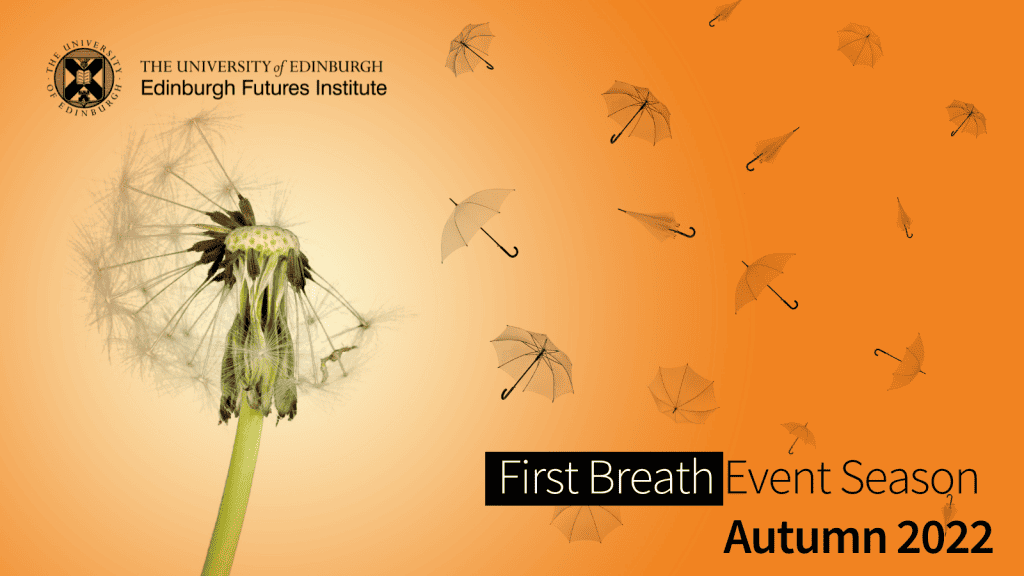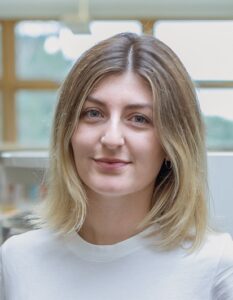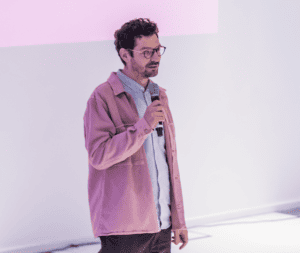
- This event has passed.
Technomoral Conversations: Sustainability and Artificial Intelligence
21st November 2022 6:00 PM – 7:00 PM GMT
What is the impact of AI on the planet? There are reasons to hope that data-driven efficiencies and insights can help produce innovative solutions to the climate emergency, touching areas such as energy, biodiversity monitoring and conservation, transportation, water conservation, and agriculture, among others. On the other hand, there are also real concerns about the climate cost of producing AI models in the first place. Researchers have found that training a single AI model can emit as much carbon as five cars in their lifetimes. Will AI turn out to be a net negative or a net positive for the sustainability of life on the planet?
Join us for a conversation on sustainability and AI, featuring a panel of experts who are tackling different facets of this challenge.
Speaker Biographies
Chair

Shannon Vallor is the Director of the Centre for Technomoral Futures at the Edinburgh Futures Institute. She is the Baillie Gifford Chair in Ethics of Data and Artificial Intelligence at the Edinburgh Futures Institute. She also holds an appointment in the University of Edinburgh’s Department of Philosophy and chairs the University’s AI and Data Ethics Advisory Board. Shannon’s research explores the philosophy and ethics of emerging science and technologies. Current projects focus on the impact of emerging technologies – particularly those involving automation and artificial intelligence – on the moral and intellectual habits, skills and virtues of human beings: our character.
Speakers

Mirella Lapata is Professor of natural language processing in the School of Informatics at the University of Edinburgh. Her research focuses on getting computers to understand, reason with, and generate natural language. She is the first recipient (2009) of the British Computer Society and Information Retrieval Specialist Group (BCS/IRSG) Karen Sparck Jones award and a Fellow of the Royal Society of Edinburgh, the ACL, and Academia Europaea. Mirella has also received best paper awards in leading NLP conferences and has served on the editorial boards of the Journal of Artificial Intelligence Research, the Transactions of the ACL, and Computational Linguistics. She was president of SIGDAT (the group that organises EMNLP) in 2018. She has been awarded an ERC consolidator grant, a Royal Society Wolfson Research Merit Award, and a UKRI Turing AI World-Leading Researcher Fellowship.

Dr Ronita Bardhan is Associate Professor of Sustainable Built Environment at the Department of Architecture, University of Cambridge. Her research focuses on data-driven design for built environments that respond by reducing health and energy burdens in the warming climate. She currently works on humid heat health and energy burdens due to the built environment design. Bardhan combines architectural engineering, AI and machine learning with social sciences to develop built environment design solutions. She has developed novel methods to inform building and city design by combining physics-based building design optimisation with qualitative socio-economic, socio-cultural norms, occupant behaviour and community norms data. She has conducted heat-health & energy research in diverse socio-economic settings in the United Kingdom, India, Ethiopia, South Africa, Indonesia etc. Bardhan specialises in data-driven design for developing context-specific solutions in the affordable housing sector. Bardhan is the Director of MPhil in Architecture and Urban Studies (MAUS) and leads the Sustainable Design Group at the university. Her impactful work on developing design solutions for reducing the burdens of tuberculosis, heat health and poor indoor air quality in slum rehabilitation housing has received immense traction from policymakers. Bardhan currently advises government agencies on energy efficiency and heat health in affordable housing and has written over 130 academic articles on the health and environmental design of the affordable residential built environment.
Dr Ramit Debnath is a computational social scientist and a Gates Scholar based at the University of Cambridge. He is passionate about energy and climate justice. Ramit is the inaugural Cambridge Zero Fellow and a visiting faculty associate in Computational Social Science at Caltech, and a sustainability fellow at Churchill College, University of Cambridge. Ramit works at the intersection of data science and public policy to support climate action, primarily focussing on developing novel approaches to natural language processing, machine learning, AI and qualitative analysis to enable a people-centric and just net-zero transition. He is passionate about energy and climate justice as well as countering misinformation.
Jonathan Bean is a physicist, engineer and CEO of Materials Nexus, a deep-tech start-up that originated at Cambridge University and within the Carbon13 Venture Builder. His ground-breaking, AI-enabled Materials Discovery Platform transforms the way that new materials are designed using a rapid automated process and advanced quantum calculations that give high accuracy at larger scales. He work with partners to accelerate development of next-generation materials to reduce global CO2e emissions. Jonathon is a trustee at the charity Science Projects and has teaching roles at Trinity College Cambridge and London South Bank University.












